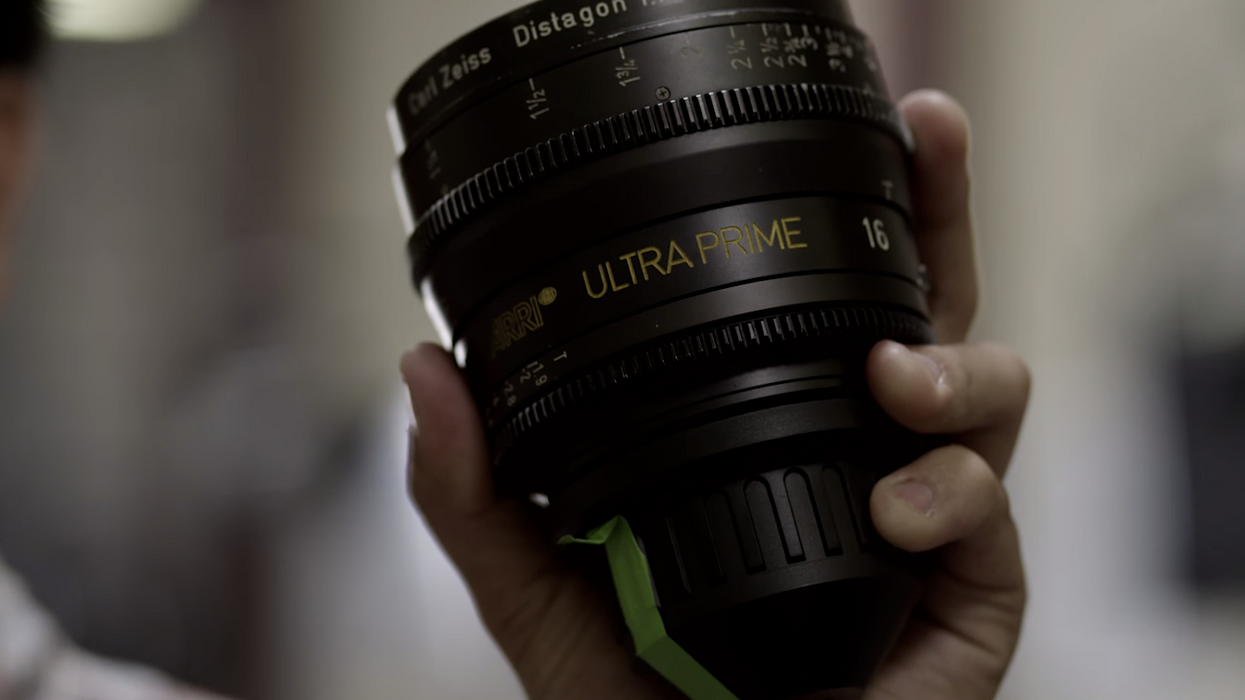Can You Tell the Difference Between a $150 Stills Lens & a $15K Cine Prime?
If you were tasked with a picking out cheap stills lenses from an array of expensive cinema lenses in a blind test consisting of real world footage (not focus charts), would you be able to do it?

The fine folks over at RocketJump Film School recently put together one of the most informative and wildly entertaining lens tests that you've ever seen. In it, they pit cheap Canon EF primes against both mid-range cinema lenses like the Zeiss CP2s and a set of Ultra Primes, each of which cost upwards of $15,000. You're probably thinking that this is going to be the easiest test ever, but I can assure you that it's not.
Also, if you have a pathological hatred of focus charts, these videos will bring you more joy than you could have ever imagined.
And here's the blind test in full with much longer shots and without all of the commentary. Plus at the end, you'll get the answers.
Outside of the sheer entertainment value and hilarity of that first video ("Deakins really nailed that focus chart"), this is an incredibly valuable test for up-and-coming filmmakers to see because it helps dispel the myth that expensive gear is required to create high-quality images.
For the sole purpose of capturing images that are clean and sharp, you really can't go wrong with any modern lenses (vintage lenses, on the other hand, can be hit or miss). Whether you're working with super cheap lenses designed for stills cameras or obscenely expensive lenses designed for cinema use, you can get acceptable images no matter what, particularly if you're somewhat stopped down. Of course, when you start shooting wide open, lenses begin to show their true character, and optical flaws and quirks become more visibly apparent. That, of course, is where more expensive options begin to shine. Well, that and the fact that they're built better and so much easier to pull focus with.
The most poignant takeaway from these videos is something that's applicable to every aspect of your gear, not just your lenses, and that's that you should know it inside and out. You should know the strengths and weaknesses of your gear so that you can take advantage of the strengths and work around any flaws or weaknesses that might make your final images suffer.
Source: RocketJump Film School











